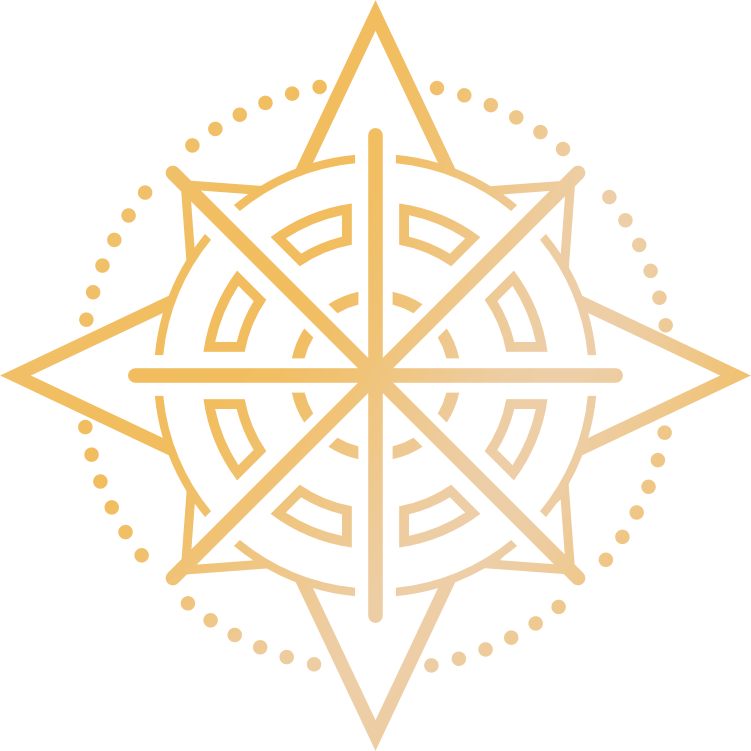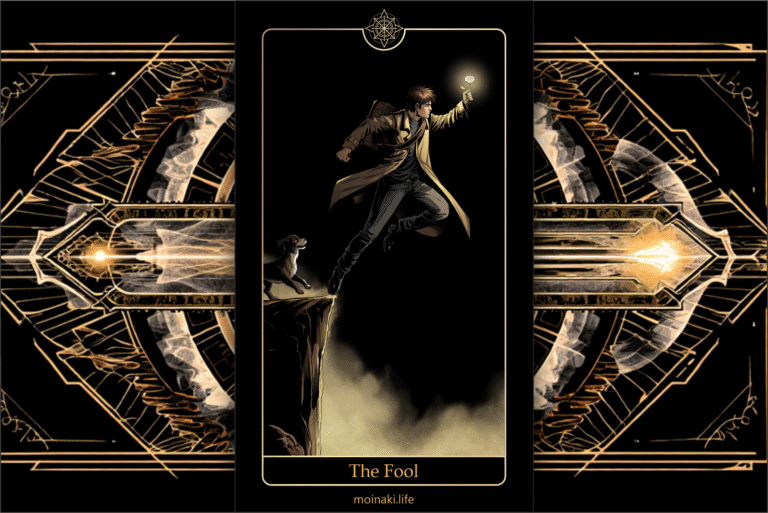Strength
Few cards in the tarot deck offer such a warm, steady promise of support as Strength. When this card appears, it invites you to pause and reconnect with the quiet, resilient power that lives within. In the classic Rider-Waite imagery, we see a gentle figure calmly taming a lion—not with force, but with patience and care. This is not a story of brute strength, but of inner strength: courage, compassion, and the ability to stay centered, even when circumstances test your limits.
Context and Symbolism of the Strength Card
At first glance, Strength may seem simple: a person and a lion, a moment of control. But look closer, and you’ll notice subtle details. The figure wears white, a symbol of purity and intention, while the infinity symbol hovers above their head, hinting at infinite potential and the endless cycle of growth. The lion, often seen as our instincts and emotions, is not suppressed or harmed—it’s respected and gently guided.
“Strength does not come from physical capacity. It comes from an indomitable will.”
— Mahatma Gandhi
This card suggests that everyone carries both a lion and a gentle guide inside themselves. The dance between these parts is what gives us resilience and grace in difficult moments. Rather than denying our feelings or impulses, Strength teaches us to acknowledge, accept, and integrate them.
Main Meanings: Upright and Reversed
Upright Strength
When Strength appears upright in a reading, it often signals:
- Courage and resilience — the ability to face difficulties without losing your center.
- Self-compassion — treating yourself kindly, especially when you’re struggling or feeling vulnerable.
- Calmness in adversity — responding to challenges with patience instead of panic.
- Gentle influence — leading or inspiring others by example, not by force.
This card affirms your inner resources. If you’re doubting yourself, Strength says: You have what you need to get through this. Sometimes, it’s a reminder to approach situations with less aggression and more understanding—towards yourself and others alike.
Reversed Strength
The reversed Strength card may point to:
- Self-doubt — feeling disconnected from your confidence or resilience.
- Inner conflict — struggling to manage strong emotions, impulses, or fears.
- Suppression or avoidance — trying to “control” through denial or harshness, rather than acceptance.
- Emotional burnout — being overwhelmed and exhausted by ongoing stress.
Rather than a sign of weakness, this reversal can be a gentle call to slow down and nurture yourself. It’s a nudge to recognize where you might be too hard on yourself, or where you’ve lost contact with your own strength and kindness.
Psychological and Self-Development Insights
Strength as Emotional Integration
Strength is about more than “toughness.” In a psychological sense, it’s the integration of all parts of yourself—even the ones that scare or frustrate you. The lion represents your emotions, drives, and instincts. The figure symbolizes your higher self: the part that can observe, empathize, and respond thoughtfully.
When these parts are in harmony, you move through life’s challenges with greater ease. You don’t have to “fight” your feelings or pretend to be invulnerable. Instead, you can acknowledge anger, fear, or sadness—and work with them, not against them.
The Power of Self-Compassion
Modern psychology, especially in approaches like mindfulness and self-compassion, echoes the message of Strength. Research shows that people who treat themselves kindly during setbacks are more resilient and motivated, not less. Being gentle with yourself doesn’t mean giving up. It means acknowledging your humanity, and making space for healing and growth.
“You, yourself, as much as anybody in the entire universe, deserve your love and affection.”
— Buddha
In Daily Life and Work
In the context of work or relationships, Strength encourages assertive kindness. This means setting healthy boundaries, expressing your needs, and facing challenging conversations with empathy. It’s not about overpowering others, but about standing in your values while respecting theirs. When you lead with confidence and compassion, you inspire trust and cooperation.
Practical Steps and Exercises
1. Practice Mindful Self-Soothing
- When you notice anxiety or frustration, pause and place a hand over your heart.
- Take a slow, deep breath. Say to yourself: “This is hard. May I be kind to myself in this moment.”
- Repeat as needed. Notice if this gentleness helps soften your tension.
2. Journaling for Inner Strength
- Reflect on a recent challenge you faced. How did you respond? What inner resources did you draw on?
- Write about a time you felt proud of how you handled something difficult.
- List three things you appreciate about your ability to persevere.
3. Befriend Your “Inner Lion”
- Visualize your emotions or instincts as a lion. What does it look or feel like?
- Ask yourself: What does this part of me need right now? How can I respond with understanding, not judgment?
- Consider drawing or writing a dialogue between your “lion” and your “wise self.”
4. Assertive Communication Exercise
- Think of a situation where you need to speak your truth or set a boundary.
- Write out what you want to say, focusing on honesty and kindness.
- Practice saying it aloud, imagining yourself grounded and calm—embodying Strength.
Final Thoughts
Strength isn’t about denying vulnerability or pretending to be fearless. It’s about meeting life’s challenges with presence, patience, and compassion—towards yourself and others. Whether upright or reversed, this card is a gentle invitation to trust your inner resilience and to lead with your heart.
Tarot is not fortune-telling — it’s a mirror for reflection and growth.

